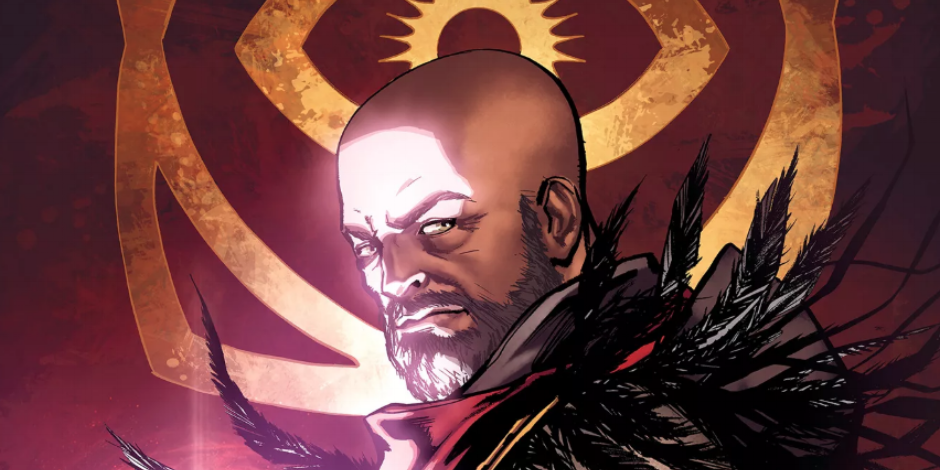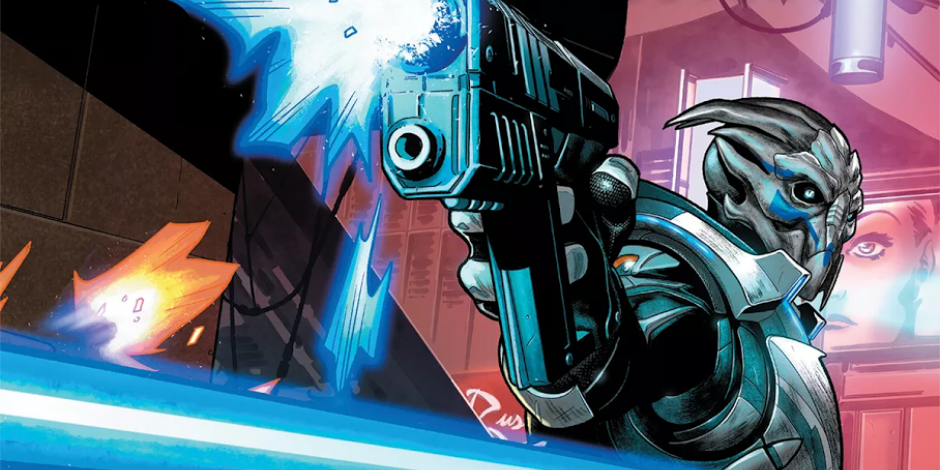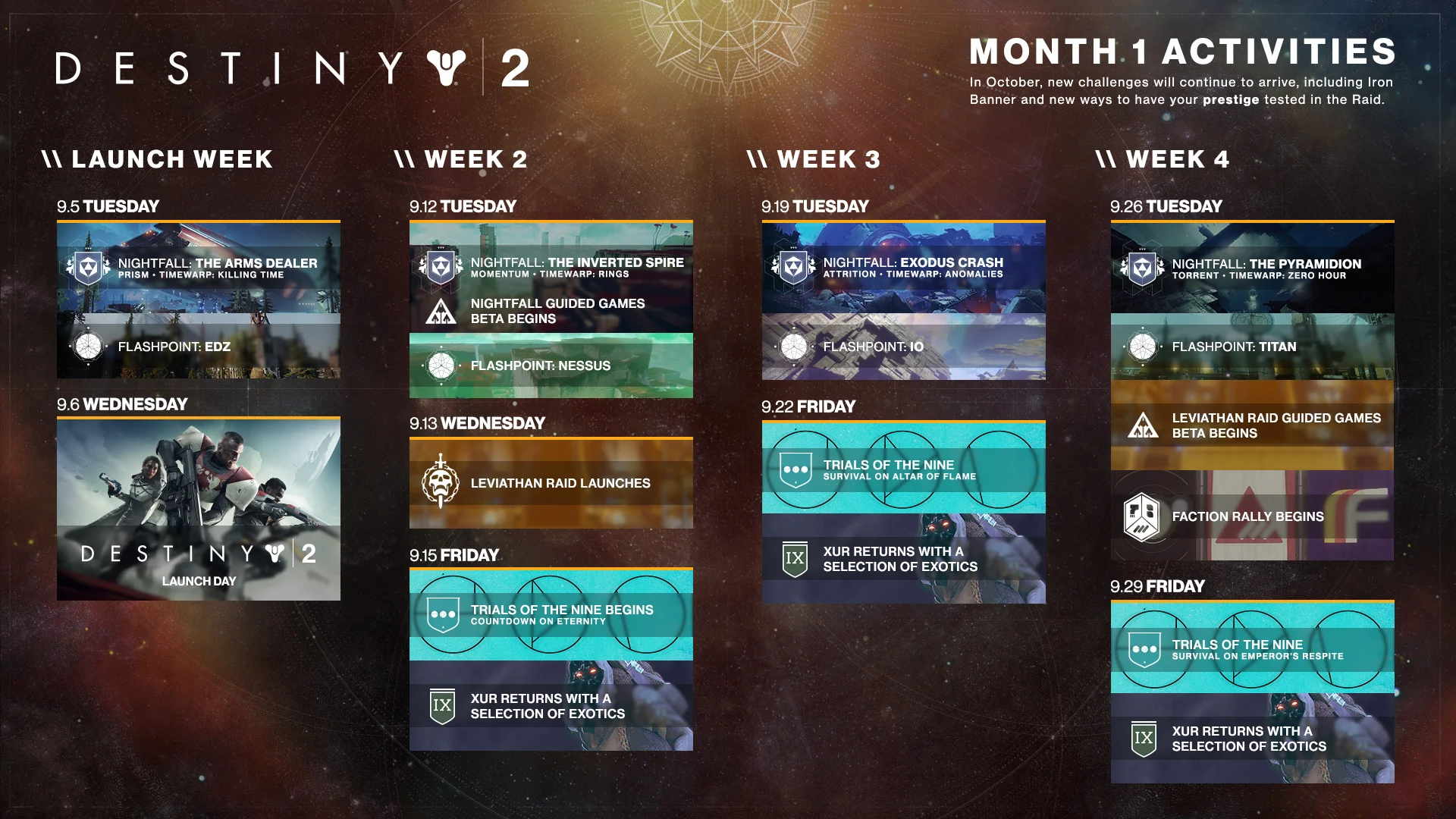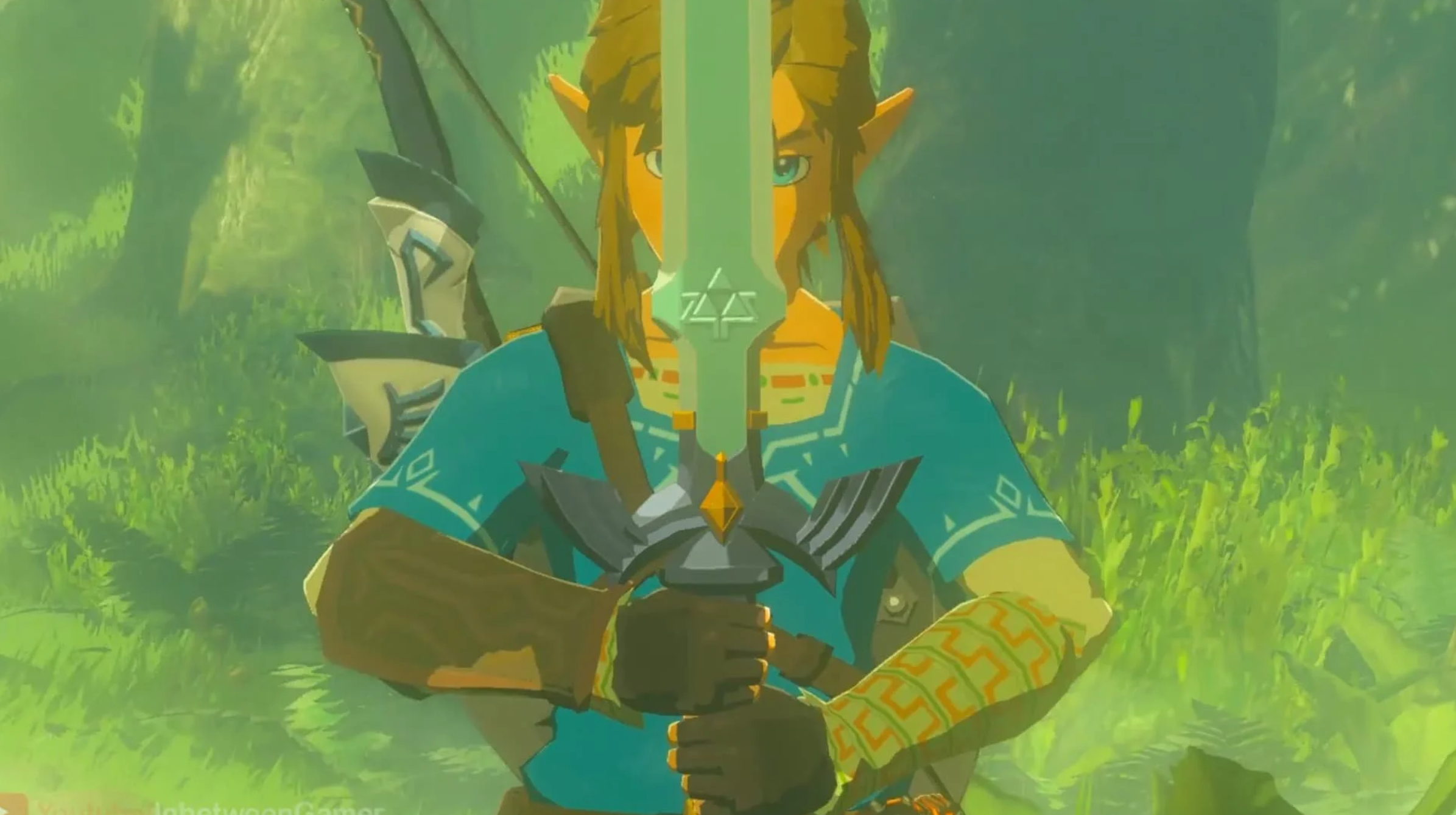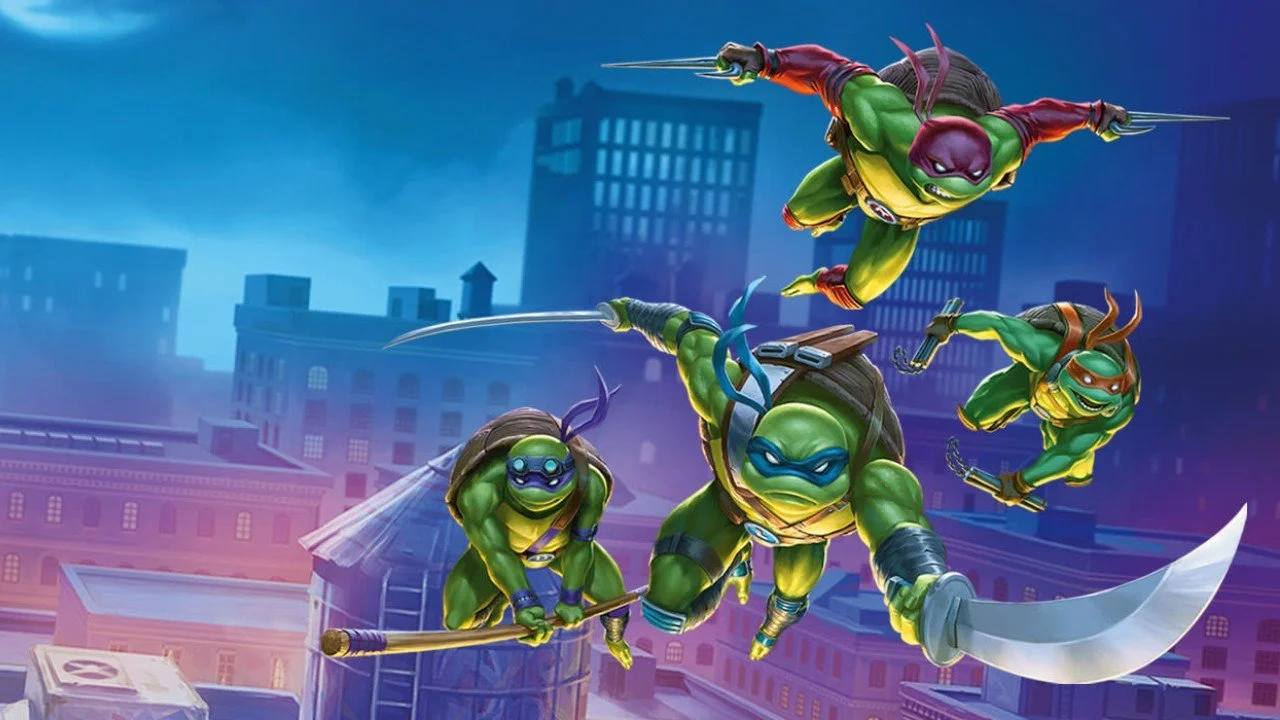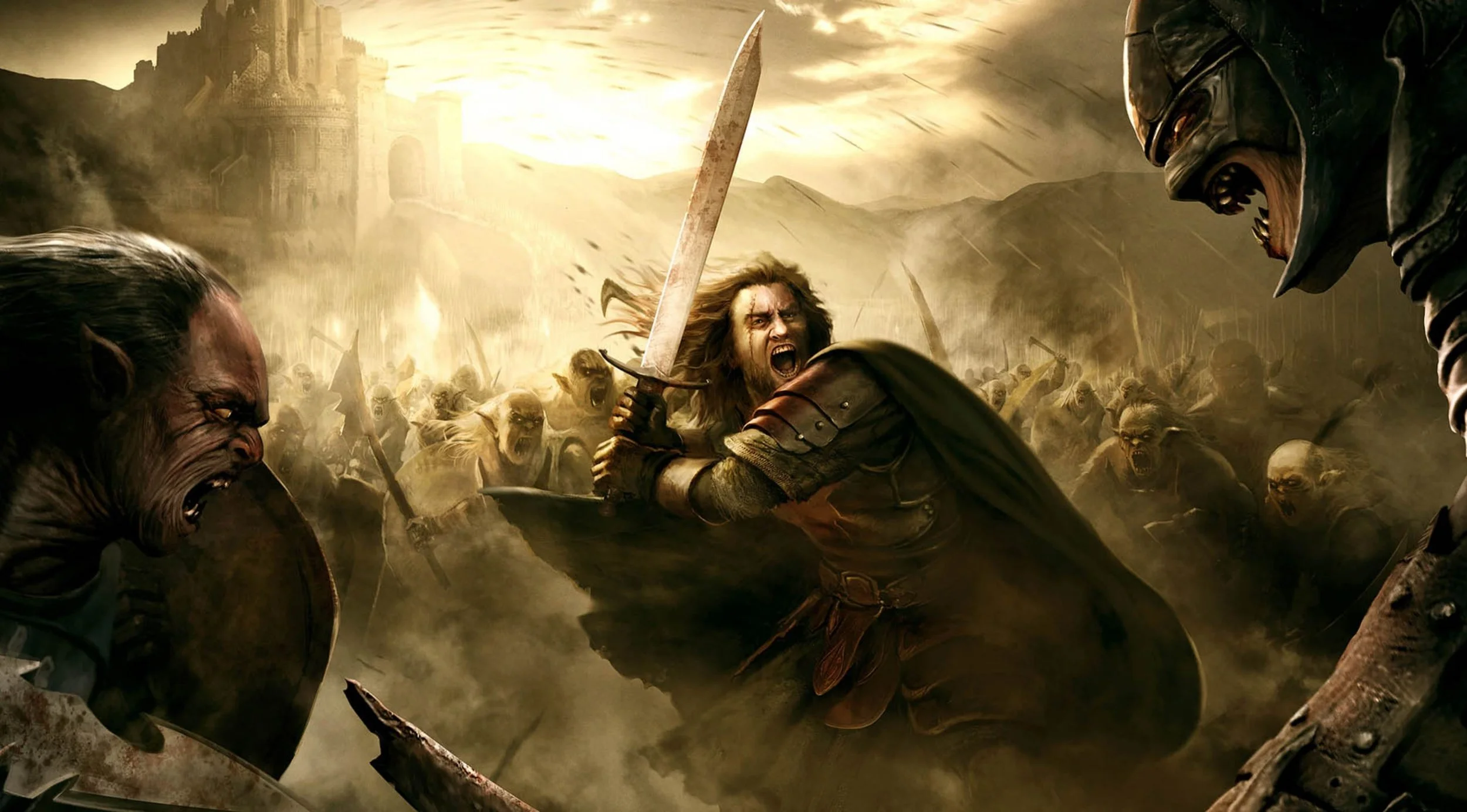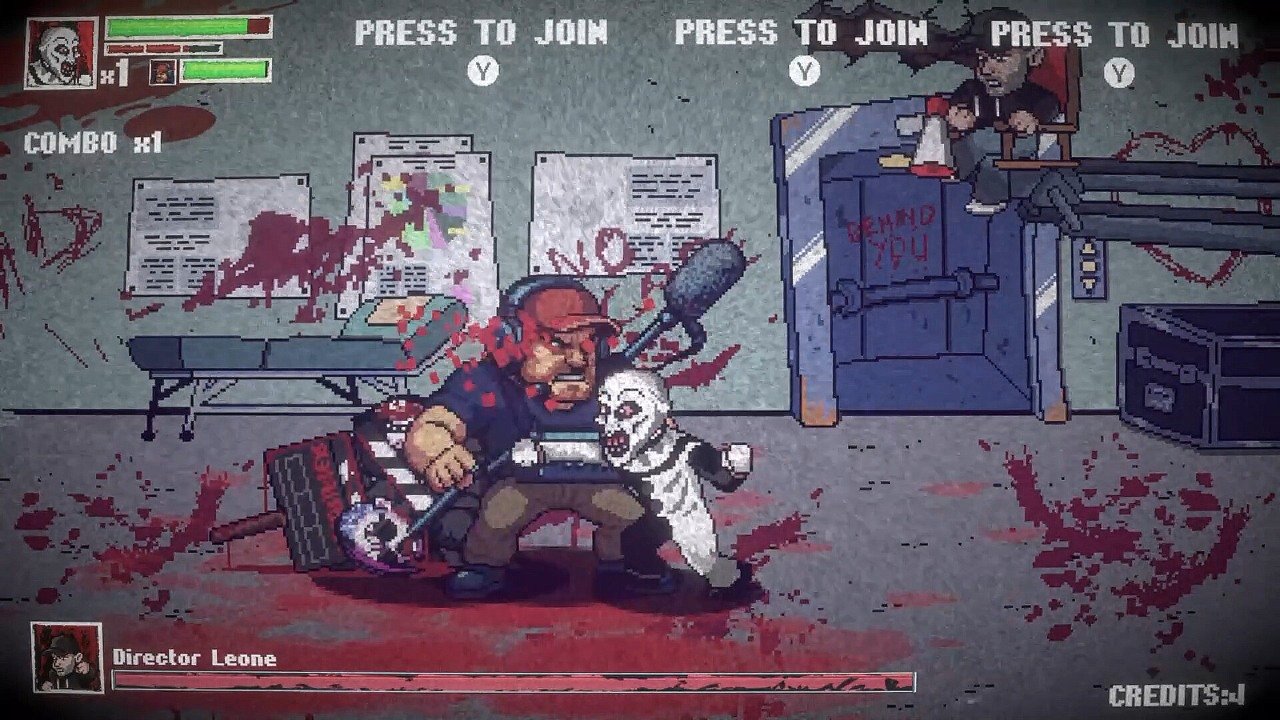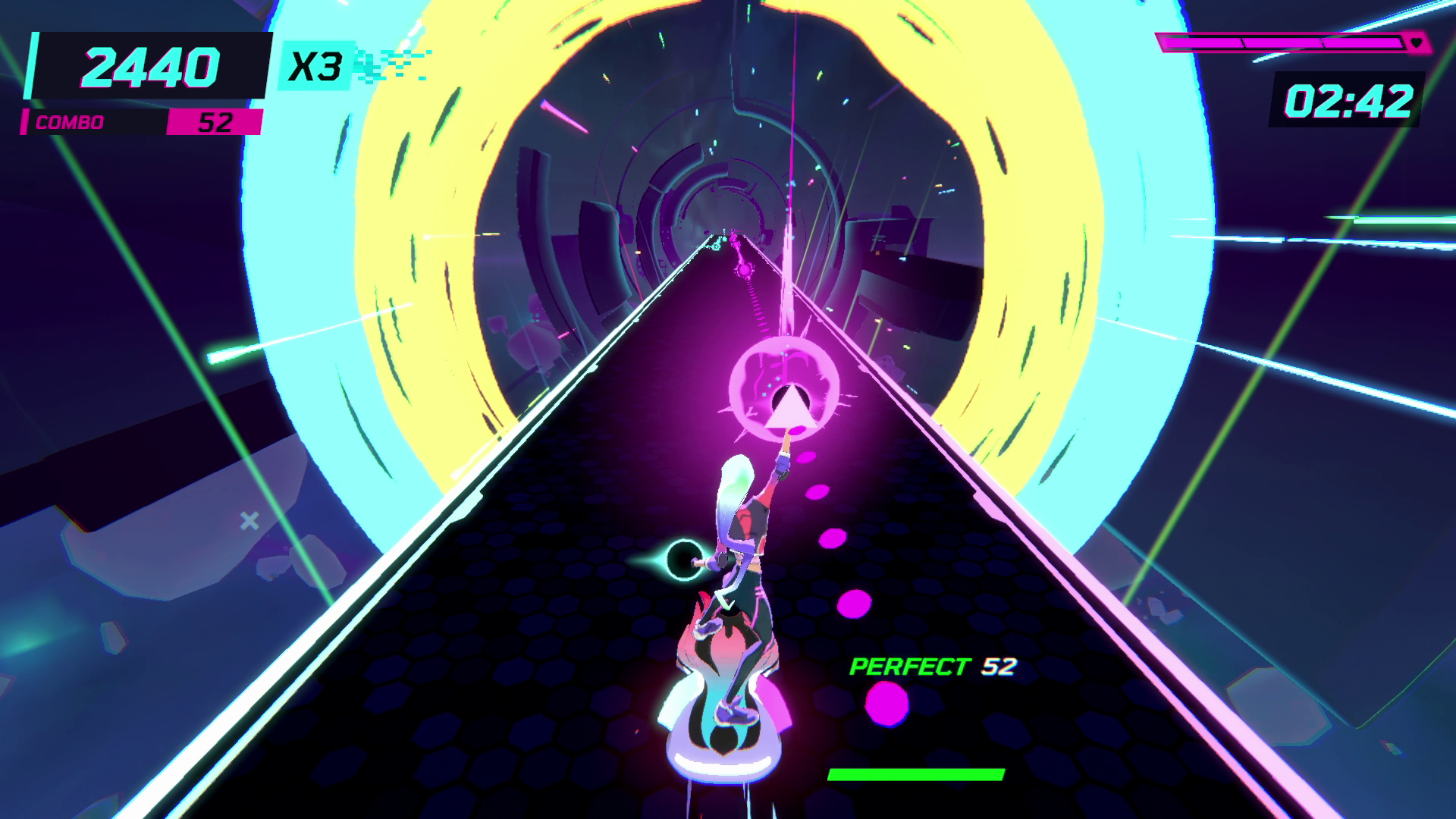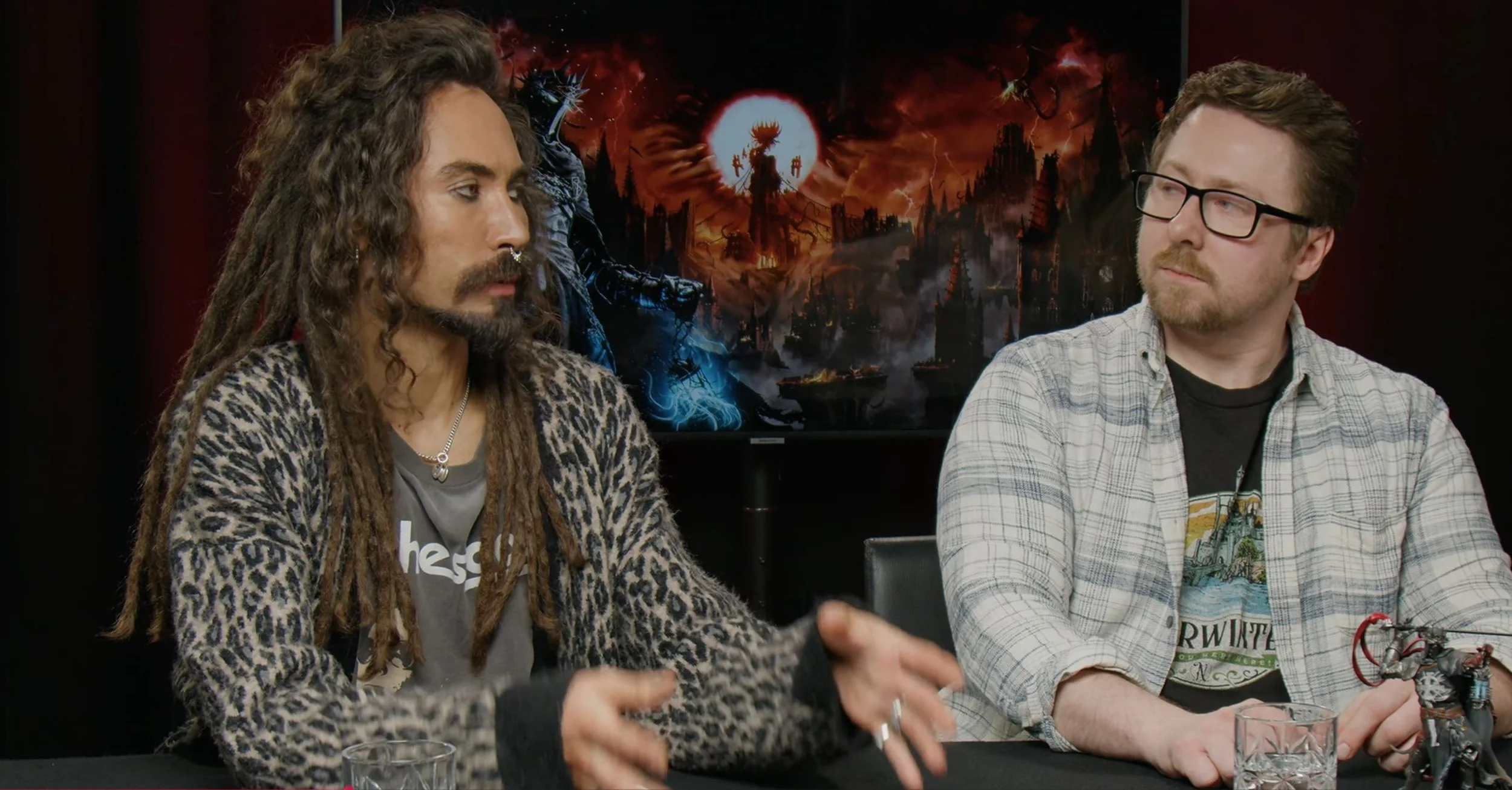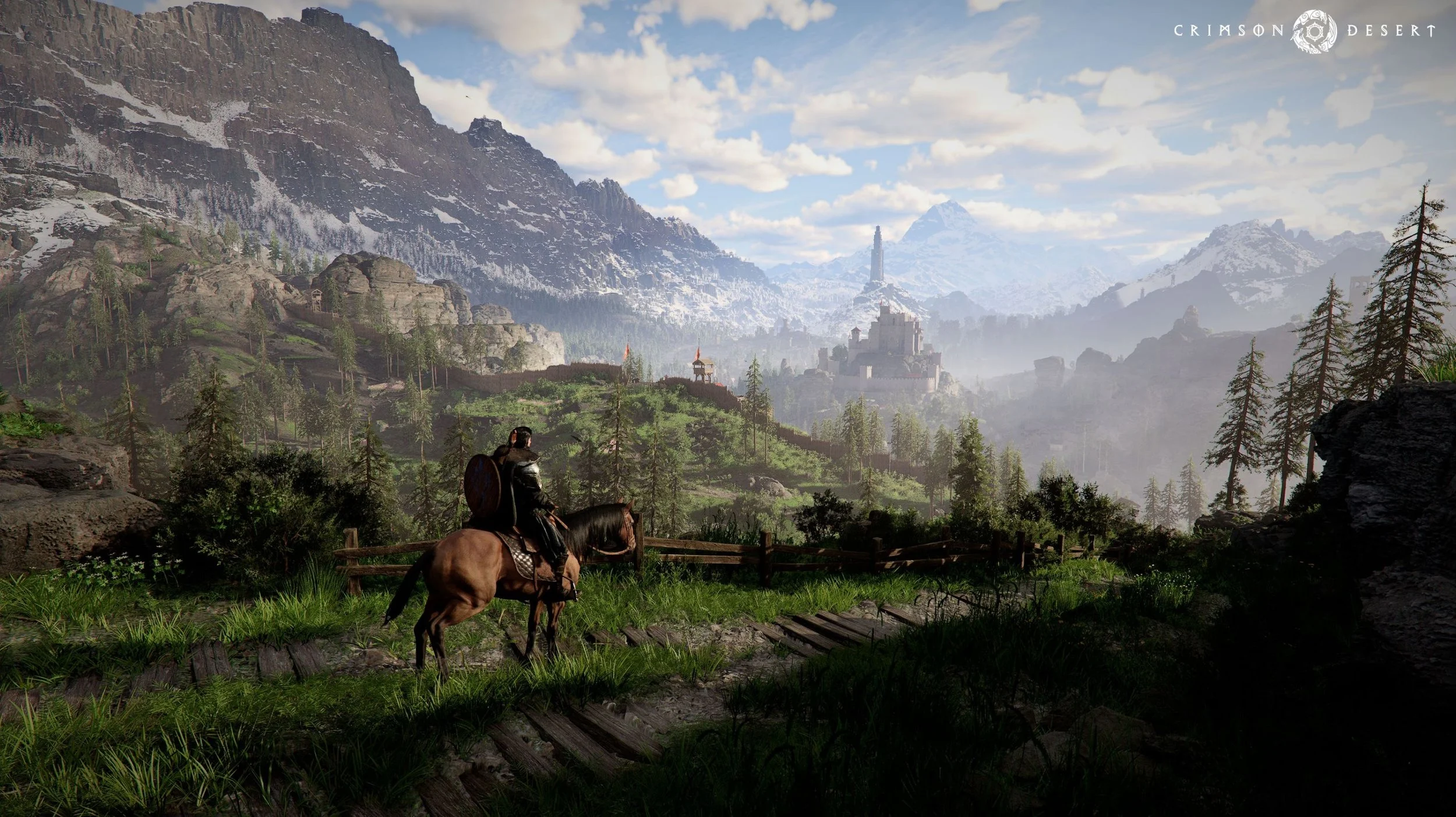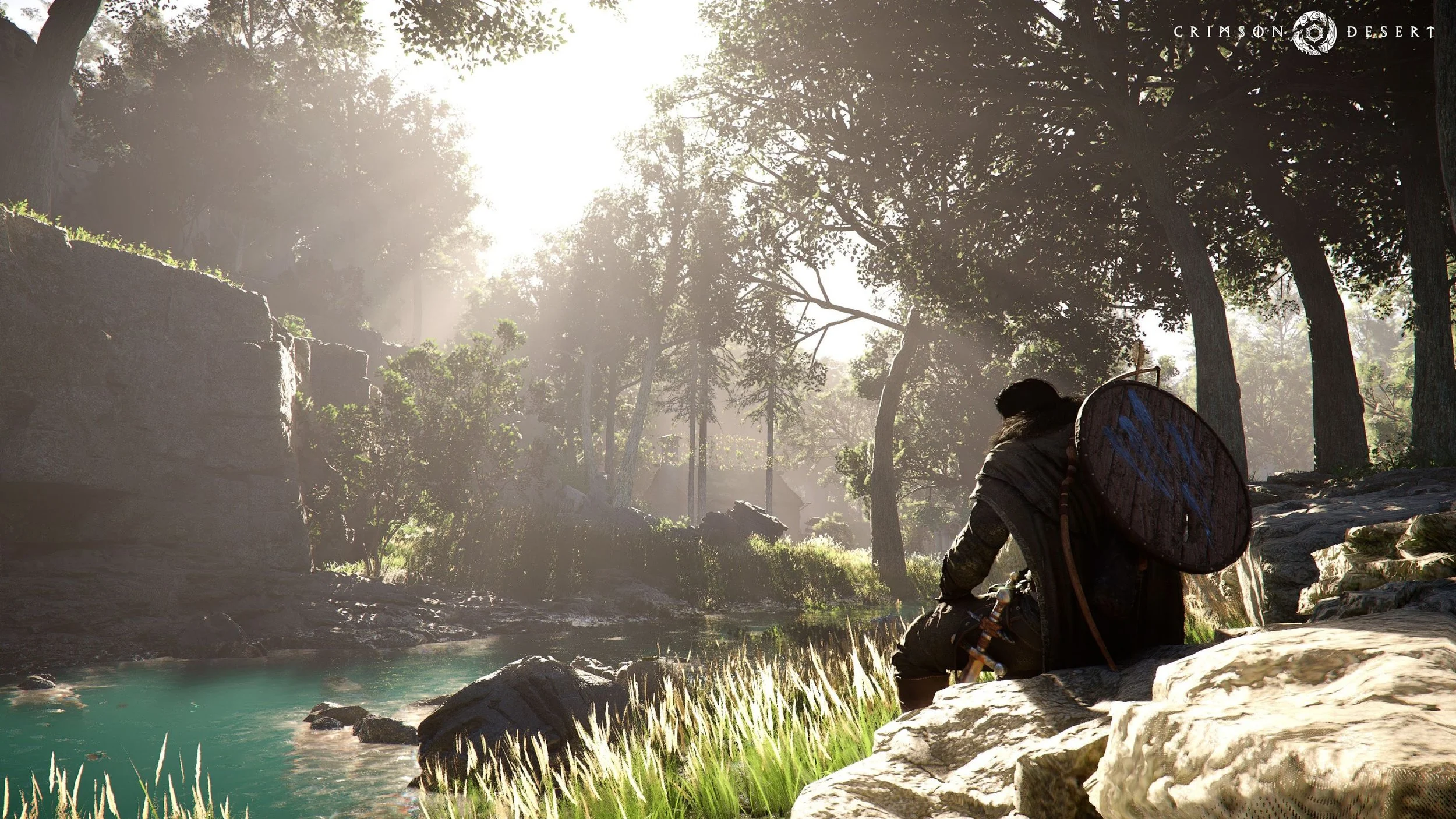Bungie's online release of their first comic book, The Fall of Osiris, is a step in the right direction. Bungie is neither the first nor last video game developer to utilize other media formats to flesh out a game's universe. Blizzard's Overwatch has shorts concerning characters' histories and important events, and Bioware has comics, books, and web series. Bungie may be starting a game later than they should have, but I think we all hope that they'll continue down this path.
Destiny's Problematic History of Storytelling
Of the biggest criticisms Bungie faced upon Destiny's vanilla release, the lack of story was, without question, the biggest flaw. However, Lore Masters (those who read through the extensive grimoire cards in the game and actively discussed their relevance) argued otherwise. The game had a story filled with complex characters and a fascinating universe; however, players had to dig through the grimoire to find it. For those unfamiliar with the Destiny grimoire, it was a series of cards players collected in game through various means of collecting, scanning, or discovering new locations. The problem then became that Destiny didn't lack a story, it just lacked a story easily accessible to players.
Players could only access the grimoire via the official Destiny smartphone app or through Bungie.net. This lack of in-game access made it difficult for players to feel involved in the game's universe and required extra steps outside that most players refused to take. Lore masters took to YouTube, podcasts, and Reddit to discuss, but unless players sought them out, they remained in the dark. While beneficial for YouTubers and podcasts to bring in viewers, Bungie's lack of initiative in pushing their lore to the forefront has been and remains one of the game's greatest weaknesses. And yes, I am referring to Destiny 2 as well.
Developers and How They Embrace Lore
Bioware notably stands as one of the major lore-heavy developers. Their two major IPs, Mass Effect and Dragon Age, supply game lore within the game and via books, comics, and animated web series. Players in-game lore via the Game or Options menu, and in the case of Mass Effect, many of these files include voiced readings of the text. This would be the equivalent of having Destiny's grimoire accessible within the game. More importantly, Bioware commissions their writers, artists, and animators to create other avenues for content. From Dragon Age alone, there are five full-length novels, seven comics, and two official web series with one animated. All of these cover events pertinent to the game's universe but not part of the main story arc.
Blizzard is another developer who isn't afraid to use other mediums to expand lore. In the case of Overwatch, the game requires the animated shorts, as the game lacks a campaign. These shorts provide character and world history, and develop relationships between characters. It also expands on why certain characters reaction or serve as opposites to one another, and fuel excitement for new characters.
Even Bungie's first major IP, Halo, has 13 novels with another due in 2018. So why is Bungie having such a hard time embracing the lore of Destiny? Reasons are up to speculation, but Bungie (or maybe just Activision) seems to think that the lore isn't as important as nerfing or buffing weapons or abilities and searching for memes or dance challenges to turn into emotes. I say that as someone who complains about nerfing and buffing, and threw real money in at Eververse trying to get specific emotes or sparrows. With the introduction of the web comic, it's as if Bungie has finally realized that people actually want to learn more about their lore.
Destiny 2, The Fall of Osiris, and beyond
Vanilla Destiny 2 definitely gave more story in game than its predecessor, and even incorporated accessible lore when inspecting items or scanning the environment. A big step for the company's previous half-hearted inclusion of extra information they really only started implementing in The Taken King expansion. Bungie is learning its lesson, but it still has greater steps to take before it can really become the game all players want it to be. That's why a web comic is a step in the right direction.
As previously stated, games with good lore find ways to push that lore toward their players. Whether it be comics or animated shorts or novels, players don't want to just read little cards online or on their phone, they want all of this told in a compelling manner. They want—wait for it—a story. And The Fall of Osiris is doing just that. Players of the original Destiny, and who have familirized themselves with grimoire, understand that Osiris is a hotly debated and enigmatic character. He has a cult in his name and a history with the city as being both a hero and an exile. He was a vanguard commander, Ikora Rey's mentor, and someone possibly driven mad by his obsession with the Darkness.
The first expansion from Destiny 2 starts to explore who this character is, as we come to know him through his ghost, Sagira, and his former apprentice, Ikora. In the lore on vehicles like Curse of Foresight, we see transcripts of pivotal moments, and Osiris becomes fleshed out. His faults and his strengths, but still, it's not quite enough. The web comic focuses a lot on Osiris' character but we learn more about Ikora Rey, Saint-14, and even the Speaker. We see how complex the situation was and how Osiris' fall wasn't just one thing or another but a series of difficult situations that involved multiple people. It ends on a "To be continued" but it has the promise of more.
And we want more. In discussing the matter with fellow lore junkies of my clan, we would love to see the comics expand on Destiny's universe. How badly we would love to see a series following Eris Morn's fireteam in the Hellmouth or what exactly happened to Asher Mir at the hands of Brakion? Or how about a series about Dredgen Yor, a fallen Guardian and creator of the notorious Thorn, and how Jaren Ward and The Last Word ended his campaign of death? All of the above? Please, and thank you.
Players should be able to appreciate a game beyond its gameplay. Bungie is getting to a point where players can start doing that. If Bungie can fully embrace their lore and will start using other visual mediums to do so, Destiny's popularity will grow. A lot benefit from these business ventures. The fans get their story, artists get work, writers can create, and Activision? You'll get your bottom line.
